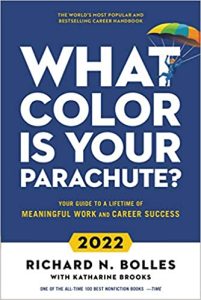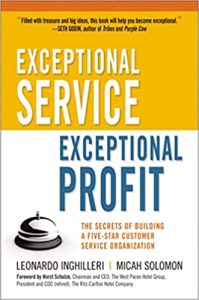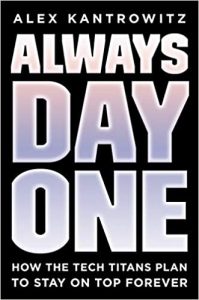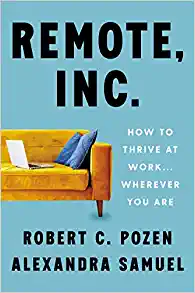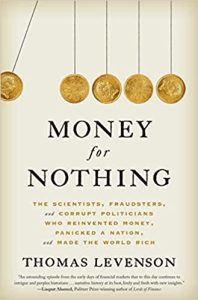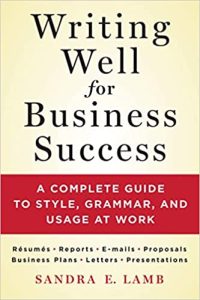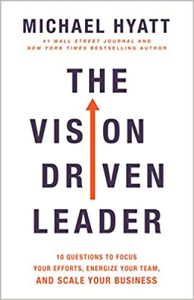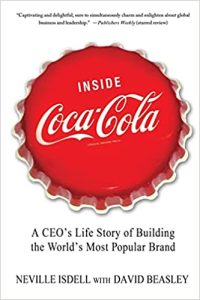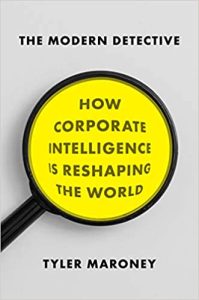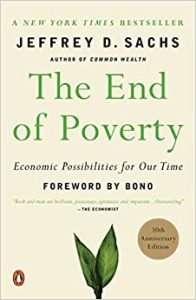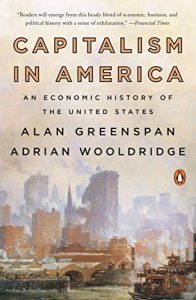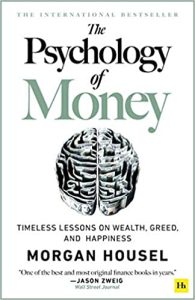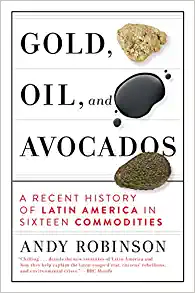What Color Is Your Parachute 2022
₦9,000.00What Color Is Your Parachute? is the world’s most popular job-hunting guide. This completely updated edition features the latest resources, strategies, and perspectives on today’s job market, revealing surprising advice on what works—and what doesn’t—so you can focus your efforts on tactics that yield results.
At its core is Richard N. Bolles’s famed Flower Exercise, a unique self-inventory that helps you design your career—and your life—around your key passions, transferable skills, traits, and more.
This practical manual also provides essential tips for writing impressive resumes and cover letters, networking effectively, interviewing with confidence, and negotiating the best salary possible.
Whether you’re searching for your first job, were recently laid off, or are dreaming of a career change, What Color Is Your Parachute? will guide you toward a fulfilling and prosperous life’s work.

